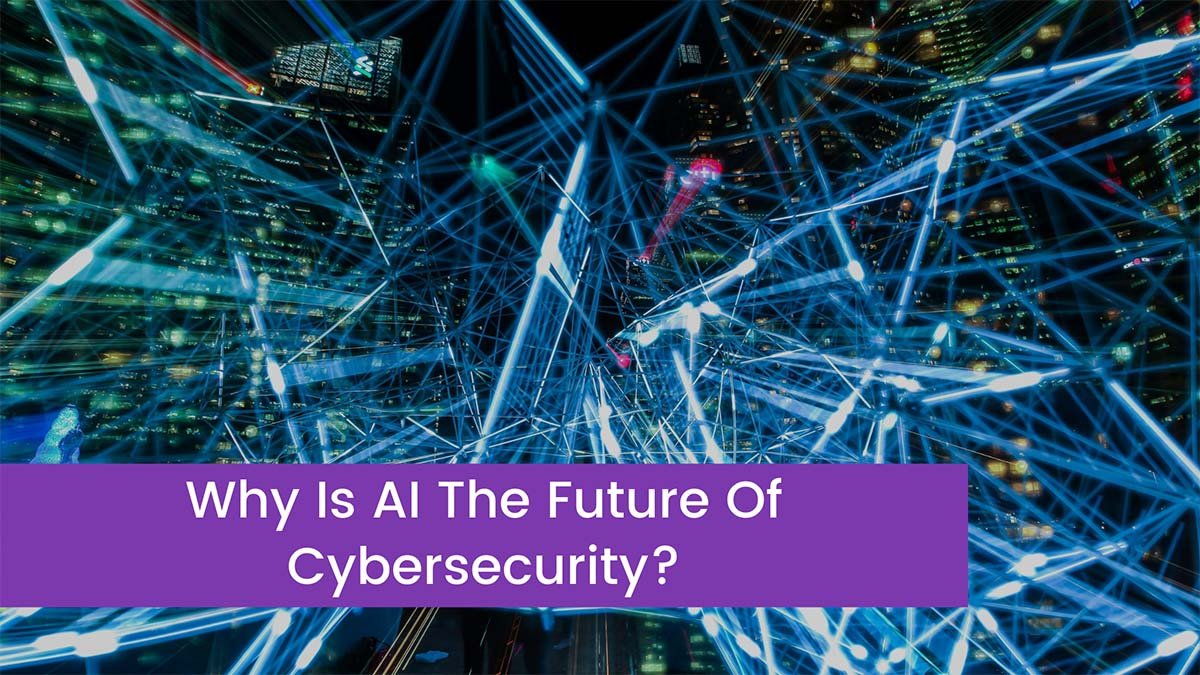Cybersecurity is described as the “protection of information’s confidentiality, integrity, and availability in cyberspace.” Furthermore, cyberspace is defined as a “complex environment arising from the interaction of people, software, and services on the Internet via the use of technology devices and networks connected to it, which does not exist in any physical form.”
Relationships between cybersecurity and AI
“Attacks utilizing AI,” “Autonomous attacks by AI,” “Attacks against AI,” and “Security measures using AI” are the four categories that have been widely acknowledged and used to categorize the relationships between cybersecurity and AI.
Cybersecurity threats
As internet connection becomes more widespread worldwide, IoT devices become more ubiquitous, and cyberspace expands at a rapid pace, the number of cyber-attacks continues to rise. While growing cyberspace might benefit the general population, malevolent internet use can result in enormous economic and social costs.
Cyber attackers have an unequal edge over defenses in cyberspace. This advantage is likely to be bolstered if defenders fall behind cyber attackers in technology or defense systems.
Unlike cyber attackers, defenders find it difficult to implement new trial technology since their primary responsibility is to maintain the stability of defense systems that could be injured or undermined by the new trial technology.
Benefits of using AI
There are some advantages to utilizing AI in cybersecurity:
lowering the price of breach detection and response
AI in cybersecurity allows businesses to recognize new risks by understanding and reusing threat patterns. It takes less time and effort to discover dangers and occurrences, investigate them, and take corrective action due to this.
Becoming faster at responding to breaches
To safeguard an organization from cyber-attacks, a quick response is required. According to Capgemini’s 2019 Reinventing Cybersecurity with Artificial Intelligence Report, AI may reduce the time it takes to detect attacks and breaches by up to 12 percent and the time it takes to remediate a breach or deploy solutions in response to an attack. A small percentage of companies reduced these time metrics by greater than 15%.
Increasing efficiency
Cyber analysts devote a significant amount of time reviewing data logs and incident timesheets. Even though cybersecurity employs a sizable workforce, cyber analysts with an in-depth understanding of the area are scarce. AI allows cyber analysts to focus on things that only people can do, such as analyzing the incidents identified by AI cybersecurity algorithms using good data to analyze prospective dangers.
Making new revenue streams
As previously stated, the number, scope, and size of attacks have expanded dramatically due to the growth of IoT devices. This opens up the potential for suppliers who provide cybersecurity services to IoT device manufacturers. Many companies are capitalizing on the enormous market potential.
The current state of AI-based security measures
The advantages of employing AI for cybersecurity are numerous, however, for the time being, AI can only be used to aid humans in cybersecurity work, and human involvement is required. In other words, human humans must continue to be in charge of customizing instructor data for AI to learn, defining issues for AI to solve, and interpreting AI judgments.
Furthermore, AI judgments are produced using a “black box” paradigm that lacks transparency, providing simply input-output without a rationale, making it difficult to discern why a decision was reached. On the other hand, white-box models can be clearly explained in terms of how they operate and make predictions, as well as the affecting variables. However, they have yet to be used in the real world.
AI Will Provide Cloud Security Solutions
In the IT industry, cloud storage is rapidly gaining popularity. However, data security is getting more difficult to manage due to this, and individuals are turning to other solutions. AI has the potential to provide ever-elusive protection for all aspects of cloud services.
AI technologies simplify businesses to combine and manage data across several cloud platforms.
AI Helps Avoid Human Error
Regardless of how strong your traditional defense is, human error is one of the leading causes of security breaches. It’s a ‘human’ trait to make mistakes.
This risk is considerably reduced with artificial intelligence. The precision with which AI performs boring jobs is its strength in cybersecurity. Even if AI does not replace humans, integrating the two improves efficiency and reduces the danger of error.
Password Security and Authentication Will Be Unnecessary Because to AI
Although many people trust passwords, they are not the best defense against a hack. They’re a significant security concern, and hackers love passing through them and gaining access to your data.
More complicated biometrics techniques are introduced in AI concepts, ensuring extra protection and authentication, giving businesses more power against external threats.
AI Increase Efficiency and Make It Faster to Respond to Threats
Hackers and other cybercrime professionals are always learning and improving, unsurprising. They stay on top of the security solutions businesses employ and devise strategies to get around them. As a result, a quick response to cyber attacks is critical.
According to a 2019 analysis by Capgemini, utilizing AI to detect threats and data breaches can boost efficiency by up to 15%.
By 2030, AI is expected to replace all human cybersecurity workers completely
According to a study conducted by Trend Micro, a cloud security organization based in Texas, 41% of industry professionals anticipate AI will take over by 2030. This research was created after interviewing over 500 IT directors and managers who indicated bleak career prospects.
According to 32%, AI will soon entirely automate cybersecurity, with only minor human interaction. Furthermore, as remote working becomes more common, most businesses are likely to cut back on real estate investments in the coming five years and instead focus on cybersecurity.
Conclusion
In the future of cybersecurity, artificial intelligence will be critical. Countries and corporations will soon be unable to avoid incorporating AI into their cybersecurity frameworks if they wish to remain competitive. Without artificial intelligence, the future of cybersecurity is grim for all of the reasons stated above. As a result, countries, and businesses must begin investing in and planning for AI and machine learning.




